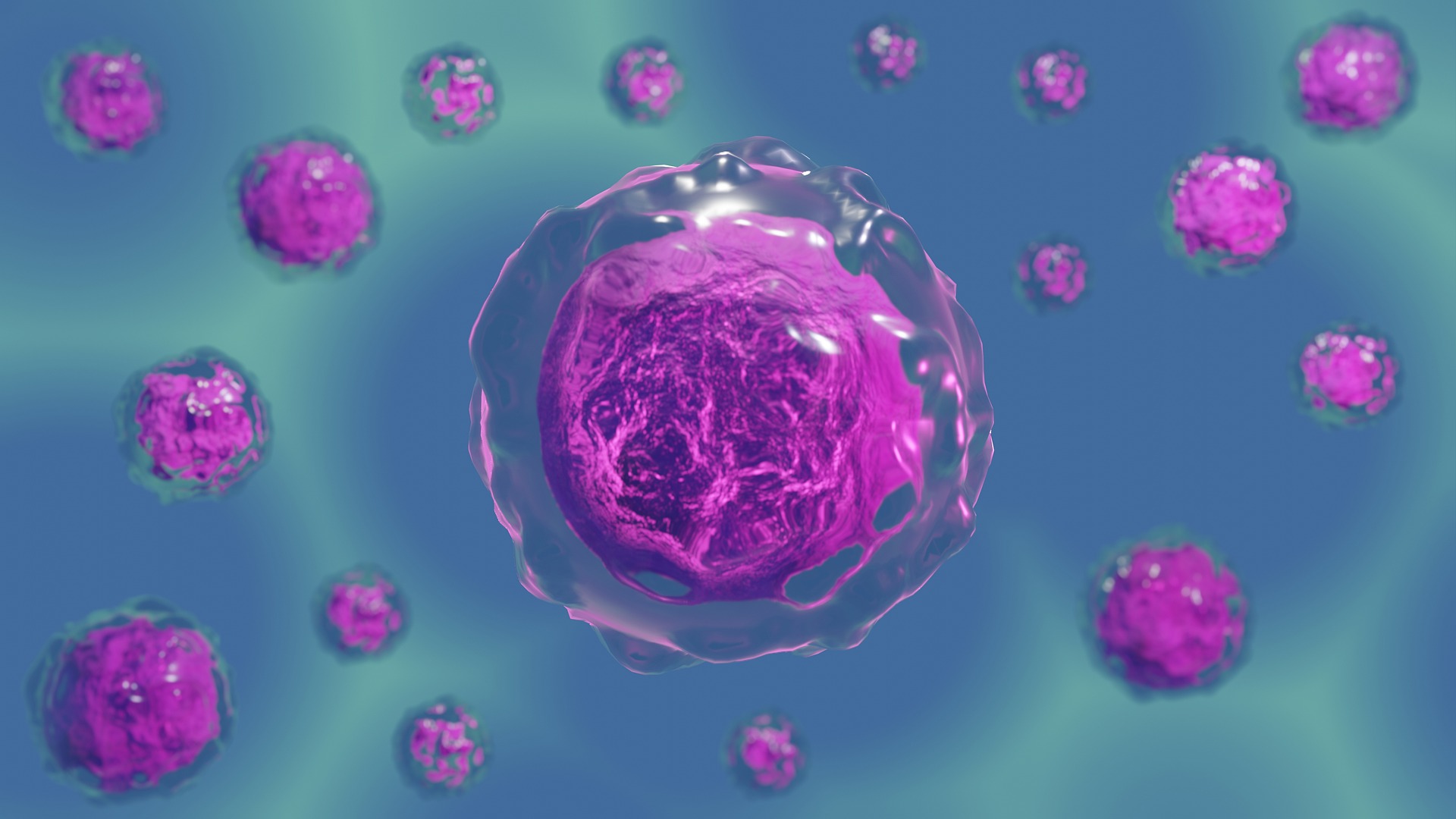
Autophagy is a cellular clensing system of the body, allowing the cell to break down and recycle damaged or unnecessary components. This process has gained much attention recently due to its potential health benefits.
In this article, we’ll explore the major health benefits of autophagy based on research studies.
But before diving into the health benefits of autophagy, let’s first understand this process, what autophagy is and how it works.
What is Autophagy?
The word autophagy comes from the Greek words “auto” meaning “self”, and “phagy” meaning “eating”. This may sound like the cell intends to kill itself. But it’s not like that. This process rather helps the cell degrade those components that are no longer required. These components could be dysfunctional proteins, damaged organelles, or other components that challenge cell integrity.
The degraded components are recycled and used as raw materials to rebuild and repair the cell.
How Does Autophagy Work?
Autophagy involves a series of steps that culminate in the breakdown and recycling of cellular components. It is activated when the cell is under stress. For example, when there is nutrient depletion or the building up of damaged cellular components. Sometimes, the stress could come from external sources, like pathogen (virus or bacteria) invasion or exposure to certain drugs or compounds.
A central event in autophagy is the formation of a double-membrane structure called an autophagosome. After the cell initiates the autophagy process, this structure forms around the targeted cellular component and engulfs it.
As autophagy proceeds, the autophagosome completely sequesters the targeted component and later delivers it into the lysosome, a cellular structure responsible for digestion and waste disposal.
Inside the lysosome, the targeted component is broken down by the action of enzymes and converted into reusable products. These products are recycled back and utilized by the cell for its survival. The recycling step marks the end of autophagy.
So now that we know what autophagy is and how it works, it’s time to discuss its benefits.
Benefits of Autophagy
Autophagy has attracted much research attention recently because of its health benefits. Researchers have reported the following four main benefits offered by this fascinating process.
1. Promotes cellular health and longevity
Autophagy helps our body cells to maintain their health and function by clearing out damaged or unnecessary components. Doing so prevents the accumulation of toxic cellular waste, which can lead to cellular dysfunction and even cell death. It also provides cells with raw materials that they can use to repair and rebuild themselves (R).
Recent research suggests that proper autophagic activity contributes to extending longevity. Studies in animals (primarily the Caenorhabditis elegans) have reported that autophagy activity is increased in long-lived animals and is essential for their longevity.
Researchers are trying to uncover the mechanisms behind the longevity effects of autophagy. They suggest that autophagy is a crucial convergent point for biological processes and pathways mediating longevity (R).
2. Protects against age-related diseases
As we age, our cells become less efficient at autophagy. As a result, the chances of accumulating toxic proteins and damaged organelles inside the cells increase. This accumulation is associated with many age-related diseases, such as Alzheimer’s and Parkinson’s.
Alzheimer’s disease is mainly linked to the accumulation of misfolded and aggregated forms of two proteins: the amyloid-beta and tau. Their accumulation in the brain leads to the formation of toxic deposits, which cause neuronal damage and death and lead to cognitive decline and memory loss. Research has shown that autophagy dysfunction may contribute to Alzheimer’s disease by impairing the removal of these toxic protein aggregates (R).
Similar is the case with Parkinson’s disease. In Parkinson’s, abnormal proteins, such as alpha-synuclein, build up in the brain. Autophagy plays a crucial role in the clearance of these proteins and in preventing their accumulation. Dysfunction in the autophagy pathway can lead to the build-up of these toxic proteins, contributing to the death of neurons linked to Parkinson’s disease (R).
3. Prevention of cancer
The role of autophagy in cancer is complex and can vary depending on the specific condition. In some cases, autophagy can act as a tumor suppressor and prevent body cells from initiating and progressing the tumor process. Generally, it could do so by removing damaged or abnormal cellular components that could lead to cancer. But more specifically, research suggests that autophagy inhibits the abnormal accumulation of a protein called P62. This protein is involved in various cancer-related signaling pathways. Limiting P62 accumulation through autophagy has been suggested as one contributing factor to tumor suppression (R). Interestingly, P62 is an autophagy substrate protein often used in research as a biomarker for defective autophagy.
However, in other cases, autophagy can promote cancer by providing nutrients to tumor cells and helping them survive under stress conditions, such as low oxygen or nutrient deprivation.
4. Improves metabolic function
Autophagy plays a crucial role in maintaining the healthy metabolic state of the cell. Especially in nutrient deprivation, it provides energy and nutrients for the cell. For example, when there is nutrient depletion, our body faces a deficiency of amino acids. To replenish the body’s amino acid level, autophagy causes the degrading and recycling of surplus organelles and misfolded proteins. This results in the generation of amino acids that serve as building blocks for making proteins essential for cell survival (R).
Autophagy is also crucial in regulating lipid metabolism in the body. It regulates the breakdown of lipid droplets and the utilization of fatty acids for energy production. Dysregulation of autophagy is implicated in developing fatty liver disease and obesity (R).
Conclusion
Autophagy comes with many health benefits, and for that reason, it has become an exciting field of research in recent years. Researchers are trying to understand this process fully, and the more they dive deep into it, the more they find its benefits. This means there is a lot to discover about the health benefits of this process.
